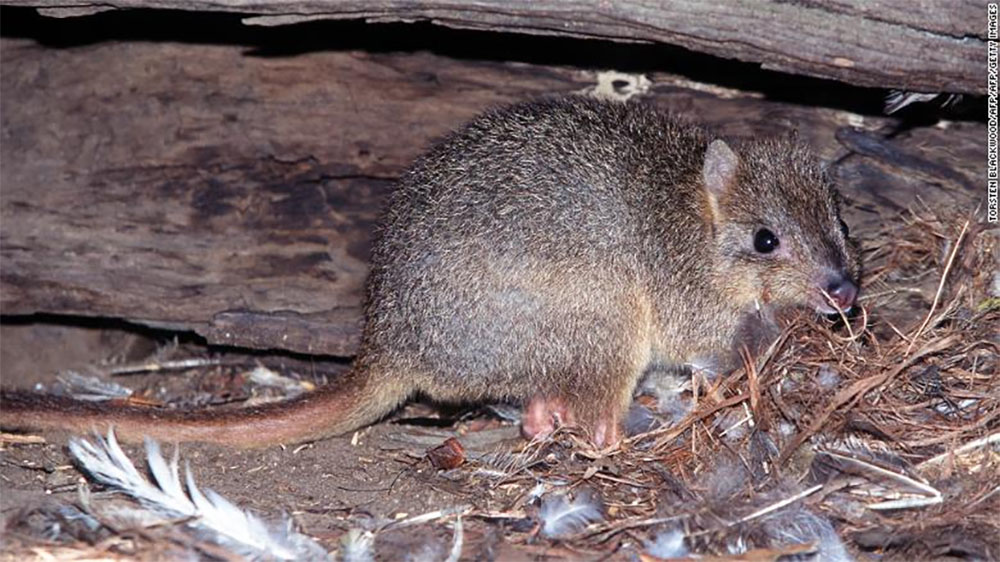December 4, 2024
The Ebiil Society: Champions of Palau
Ann Singeo, founder of our partner organization the Ebiil Society, shares her vision for a thriving Palau and a flourishing world of indigenous science!
We use cookies to help you navigate efficiently and perform certain functions. You will find detailed information about all cookies under each consent category below.
The cookies that are categorized as "Necessary" are stored on your browser as they are essential for enabling the basic functionalities of the site. ...
Necessary cookies are required to enable the basic features of this site, such as providing secure log-in or adjusting your consent preferences. These cookies do not store any personally identifiable data.
Functional cookies help perform certain functionalities like sharing the content of the website on social media platforms, collecting feedback, and other third-party features.
Analytical cookies are used to understand how visitors interact with the website. These cookies help provide information on metrics such as the number of visitors, bounce rate, traffic source, etc.
Performance cookies are used to understand and analyze the key performance indexes of the website which helps in delivering a better user experience for the visitors.
Advertisement cookies are used to provide visitors with customized advertisements based on the pages you visited previously and to analyze the effectiveness of the ad campaigns.
Looking to make an impact this Earth Month? Here’s how.

Australia has existed largely in isolation for thousands of years and contains a plethora of endemic species. In fact, 45% of its birds and 80% of mammals found in Australia are found nowhere else in the world. However, feral cats pose a tremendous threat to the diverse wildlife found here. That is why Australia has announced an initiative to remove two million feral cats by 2020.
Cats first arrived in Australia sometime during the 1600s but today their population numbers have reached astronomical heights as they are projected to cover approximately 99.8% of the country.
There are innumerable bird, reptile, and mammal species that stand to benefit from the decreased stress on their environment this initiative would provide. For example, the Burrowing Bettong, a marsupial native to Australia, now only exists on off-lying islands due to the increased pressure posed by feral and invasive animals and with this new initiative, stands a chance at making a comeback.

Former Conservation Minister Maggie Barry has also called for pet owners in Australia to limit cats to only one to two per household. This is also just one of the many reasons it is important to keep pet cats indoors rather than allowing them to roam freely. The plan provides hope for native wildlife. On Omaui, a small coastal town in New Zealand, they considered banning adoption and bringing of domestic cats to the area, though they have since halted their plans. Omaui Landcare Charitable Trust chairman John Collins said of the plan:
We want our environment to be wildlife-rich.”
And as Gregory Andrews says of the cull in Australia:
We have got to make choices to save animals that we love, and who define us as a nation.”
The future of Australia’s native flora and fauna is bright thanks to this ambitious new endeavor.
Source: CNN
Featured Photo: Sunrise in Northern Territory, Australia. Credit: Mark Wassell
Check out other journal entries we think you might be interested in.
Notifications